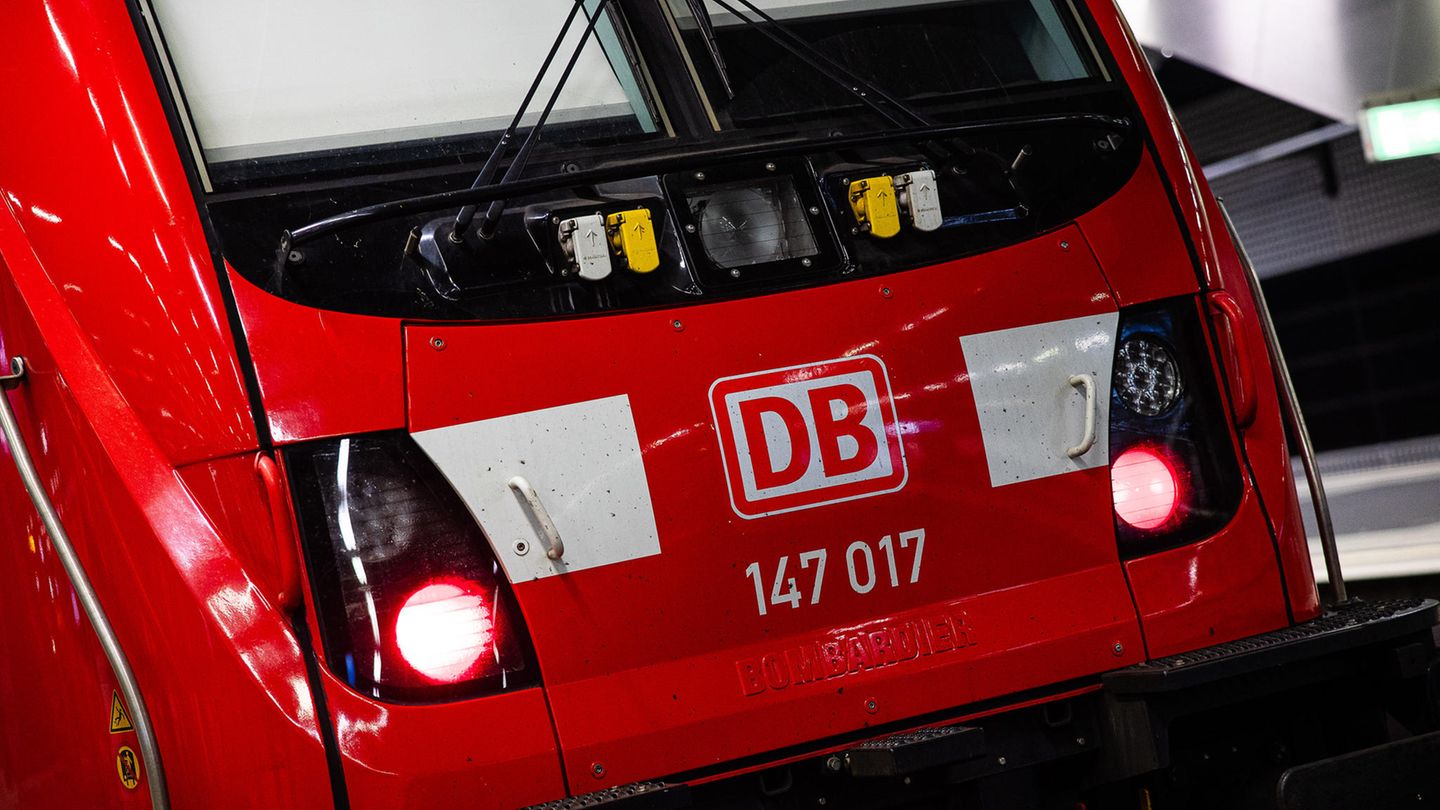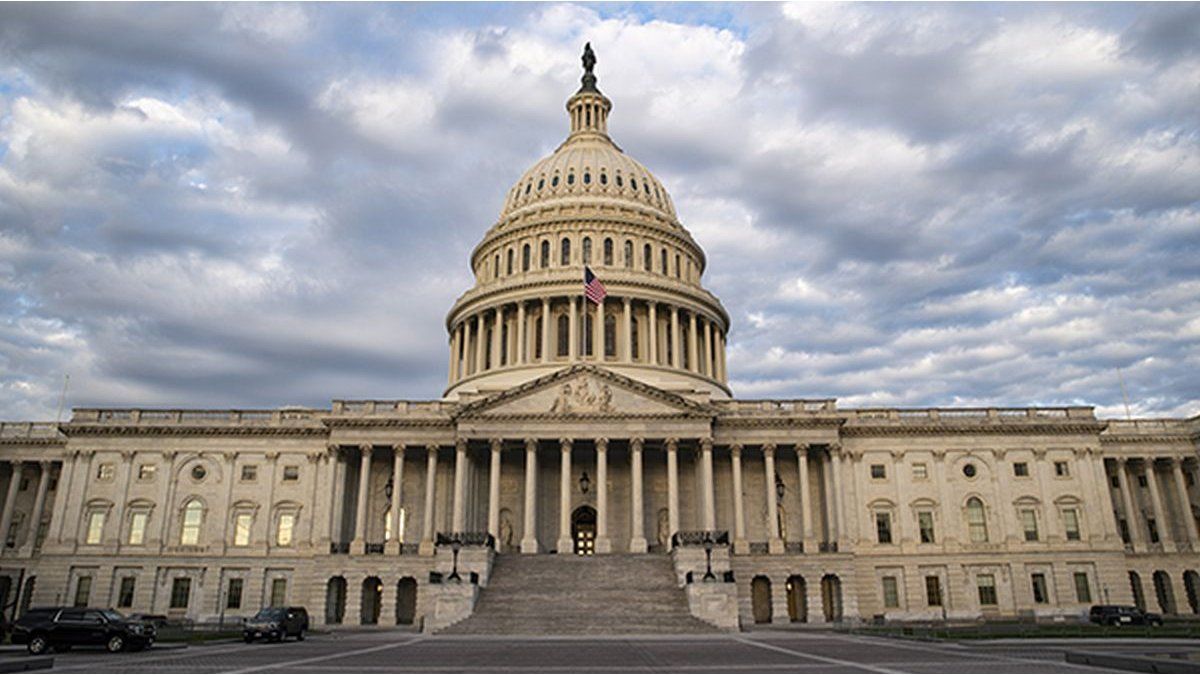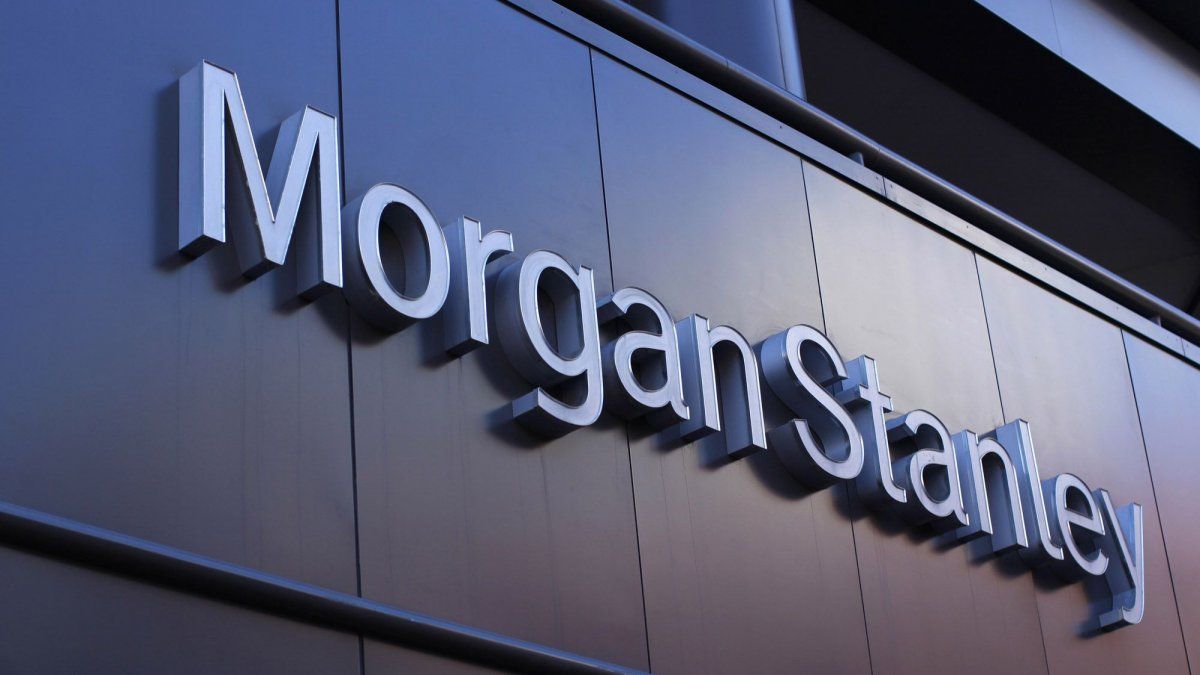After months of wage disputes, the railway and the train drivers’ union found a solution – travelers had to survive six waves of strikes. What happened to the GDL’s demands?
Do the train drivers receive the required full wage for 35 hours of work per week?
It was one of the log drivers’ union’s most important demands: a 35-hour week for all employees in shift work with full wage compensation. During the collective bargaining round, the union called several times for strikes, some of which lasted for days, in order to support them. With success. From 2029 there will be full wages for 35 hours of work per week. Anyone who would like to work more voluntarily can do so and receive 2.7 percent more wages for each additional hour per week.
An option model was agreed upon: The “reference working hours” will fall to 37 hours per week in 2026, to 36 hours in 2027 and to 35.5 hours in 2028. In 2025, employees will be asked whether they want to work 37 hours or more from the following January; If you don’t respond, the delay automatically goes to 37 hours. In the following years it is the other way around: those who do not register remain with the higher number of hours per week, but also receive correspondingly more money.
Which demands are still being met?
The collective bargaining partners agreed on an inflation compensation bonus of 2,850 euros, which will be paid out in two tranches, as well as a wage increase of a total of 420 euros per month in two steps – one this year and one next year. The term of the collective agreement is 26 months retroactively from November 1, 2023. In addition, the maximum length of the work phases has been limited from the previous 144 hours to 120 hours, which means that the train drivers will have a five-day week from January 1, 2025.
Should travelers expect further strikes?
Rail customers can expect strike-free rail traffic at least for the current year. The peace obligation will only end at the end of March next year with further employee representation at the railway, the Railway and Transport Union (EVG). The GDL’s collective agreement, however, runs until the end of 2025, and the working time regulations run until the end of 2028. After the contracts expired, the railways and GDL agreed on an initial two-month negotiation phase, in which the peace obligation also applies. This means that no GDL industrial action is possible until the end of February 2026.
Source: Stern




